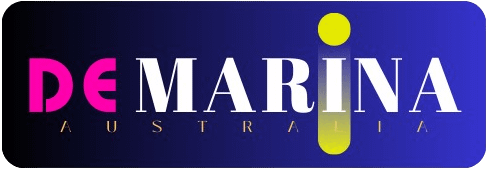- +61 (04) 152 5****
- Hello@demarina.com.au
Blogs
Home
Navigating Tariffs and Customs in Global Trade
De Marina
February 5, 2025
Navigating Tariffs and Customs in Global Trade
Tariffs and Customs in Global Trade
In the world of international trade, understanding tariffs and customs regulations is crucial for maintaining smooth operations. These elements play a significant role in the cost structure, profitability, and efficiency of your global business transactions. Tariffs and customs duties are government-imposed taxes on imports and exports that can impact everything from the price of goods to the delivery timelines.
It is a long established fact that a reader will be distracted by the readable content of a page when looking at its layout. The point of using Lorem Ipsum is that it has a more-or-less normal distribution of letters, as opposed to using ‘Content here, content here’, making it look like readable English. Many desktop publishing
Understanding the intricacies of tariffs and customs regulations is a crucial part of maintaining a profitable and efficient international trading operation. Without this knowledge, businesses risk delays, fines, and disruptions
De Marina
Tariffs and Customs Duties?
Tariffs are taxes or duties imposed by a government on imports and exports. They are typically used to protect domestic industries from foreign competition, raise government revenue, or encourage specific economic behavior. Customs duties are closely linked to tariffs, referring specifically to the charges levied when goods cross international borders.
Customs procedures ensure that goods meet the safety and quality standards of the importing country. These procedures can involve detailed paperwork, inspections, and the payment of customs duties. Failing to navigate these procedures correctly can lead to delays, extra costs, and even penalties.



How to Minimize Tariff Impact?
To minimize the impact of tariffs and customs fees on your international trade:
Understand the Tariff Structure: Each country has its own set of tariffs based on the product type and its origin. Having knowledge of these tariffs will help you price your goods competitively without unexpected costs.
Classify Products Correctly: Accurately classifying your products under the correct HS (Harmonized System) code is essential. Misclassification can result in higher duties or fines.
Leverage Free Trade Agreements: Many countries engage in free trade agreements (FTAs) that can reduce or eliminate tariffs for certain goods. Being aware of these agreements can help you lower your cost of goods sold (COGS).
Customs Brokers: Hiring a reliable customs broker to navigate the complexities of customs procedures is a smart move, especially when dealing with high volumes of trade or intricate product classifications.
Understanding the intricacies of tariffs and customs regulations is a crucial part of maintaining a profitable and efficient international trading operation. Without this knowledge, businesses risk delays, fines, and disruptions.
